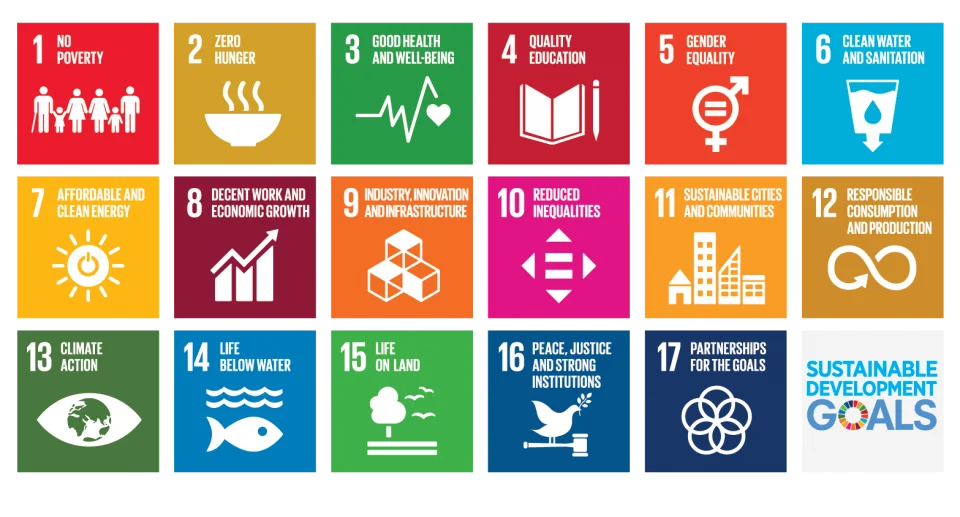In many parts of the world, menstrual hygiene remains a significant challenge, often compounded by cultural taboos, lack of education, and inadequate access to resources. This blog aims to shed light on the critical issue of menstrual hygiene and provide actionable steps to empower women globally.
The Urgency of Menstrual Hygiene
Menstrual hygiene is not just a matter of comfort; it’s a fundamental issue of dignity and health. Yet, millions of women and girls face immense challenges every month due to the lack of access to sanitary products, clean water, and private sanitation facilities. The consequences of poor menstrual hygiene can be severe, leading to infections, reproductive health issues, and even exclusion from daily activities like school and work.
Imagine the emotional distress of not being able to manage a natural bodily function safely and hygienically. This is the harsh reality for countless women who are unable to afford sanitary products or are restricted by cultural norms that stigmatize menstruation.
Actionable Steps Towards Change
- Education and Awareness: The first step towards tackling menstrual hygiene challenges is education. Communities need comprehensive, stigma-free education about menstruation, covering topics such as menstrual health, hygiene practices, and the importance of using safe and hygienic products.
- Access to Affordable Products: Governments and organizations must prioritize making menstrual products affordable and accessible. This can be achieved through subsidies, distribution programs in schools and community centers, and partnerships with local businesses.
- Safe Sanitation Facilities: Access to clean and private sanitation facilities is crucial for maintaining menstrual hygiene. Building and maintaining safe toilets with running water and disposal facilities should be a priority in communities and public spaces.
- Empowering Women Economically: Economic empowerment plays a significant role in menstrual hygiene. Initiatives that support women in generating income, such as microfinance programs or vocational training, can enable them to afford menstrual products and improve their overall quality of life.
- Breaking Cultural Taboos: Addressing cultural taboos and social stigma surrounding menstruation is essential. Open dialogue, community engagement, and advocacy can help dismantle harmful myths and beliefs, promoting a more supportive environment for menstrual health.
Emotional Impact and Empathy
Consider the emotional toll that inadequate menstrual hygiene takes on women and girls. It affects their confidence, self-esteem, and mental well-being. By approaching this issue with empathy and understanding, we can create meaningful change that respects women’s dignity and rights.
Imagine a world where every woman and girl can manage her menstruation safely and with dignity, without fear or shame. This vision is achievable through collective action, advocacy, and a commitment to ensuring that menstrual hygiene is prioritized globally.
Conclusion
Tackling menstrual hygiene requires urgent action on multiple fronts: education, access to resources, sanitation facilities, economic empowerment, and cultural change. By working together and advocating for policy changes, we can create a world where menstruation is no longer a barrier to women’s health, education, and empowerment.
Let’s raise our voices, break the silence, and stand in solidarity with women worldwide. Together, we can make menstrual hygiene a priority and ensure that every woman and girl can experience their menstruation with dignity, respect, and safety.
Remember, the change starts with each of us. Take action today, and let’s build a future where menstrual hygiene is a right, not a privilege.







